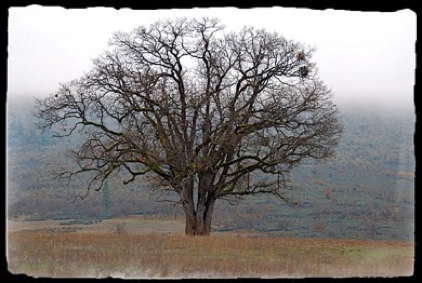
fasting is a complex practice, ...
... especially as it relates to any particular person's physical health. Concerns such as dehydration, how to healthfully begin and end a fast, and whether a doctor has been consulted about fasting as a possible practice -- all play into the mix.
Another consideration regards the various types of fasting. Possibilities include a range from no intake of any kind of food to abstinence from only one food-type, fasting 24 hours, multiple day fasts, fasting only during daylight hours, and more. As with any particular discipline, getting helpful information can be tricky, especially if a source is the Internet, where everyone has
an "expert" opinion.
My recommendation would be to consider the options. If a fast is intended for physical reasons (health, cleansing, etc.) then talk to a physician for wisdom, resources and referrals. If a fast being considered from only particular food types for moral or other reasons (vegetarian, vegan, etc.) then seek out a qualified nutritionist who can help develop a plan for a healthy diet. If the fast being considered is for religious reasons, then first consider a goal for such a fast, and whether the fast should even be a complete fast (no food at all); perhaps starting this new practice with a partial fast to eliminate only certain kinds of foods might be a more positive way toward the specified spiritual goal.
A general rule for introducing ones’ self to most spiritual practices is to start small. A practice can always be expanded as knowledge, stamina and experience are gained. Sometimes a simple diet (clear liquids, including broths) coupled with a mindful schedule of prayer and meditation during a 24-hour period can be more productive then simply trying to go without any food and still do the normal nine to five work schedule. Also look to religious groups for whom fasting has been a historical, or is a currently normative, practice for advice and wisdom that can be translated into your current spiritual context. Some of these groups include Judaism, Seventh-Day Adventists, Islam, and Roman Catholics.
Many Web sites offer good advice on fasting, but be diligent to sift out good information from possible spiritual-physiological mis-truths, kooky advice, and possibly harmful suggestions. Allow yourself to be graciously suspicious of claims about any supplements and herbs; such products can be powerful additions to any diet and may interact with current medications and/or physical conditions. Just because something is natural doesn't mean some or most people should be consuming that product without careful thought and advice from a physician.
Here is one interesting Web site regarding some traditions of traditionally contemplative groups with regard to the practice of fasting: Oboedire blog on Fasting as spiritual practice
Fasting, while a possibly powerful practice for achieving multiple goals in one’s holistic spiritual life, also holds the potential to be dangerous in the extreme. There are perennial news accounts of folks whose fasting endeavors was the possible cause for an untimely death.
The final words are, be pragmatic, careful, sensible and informed.